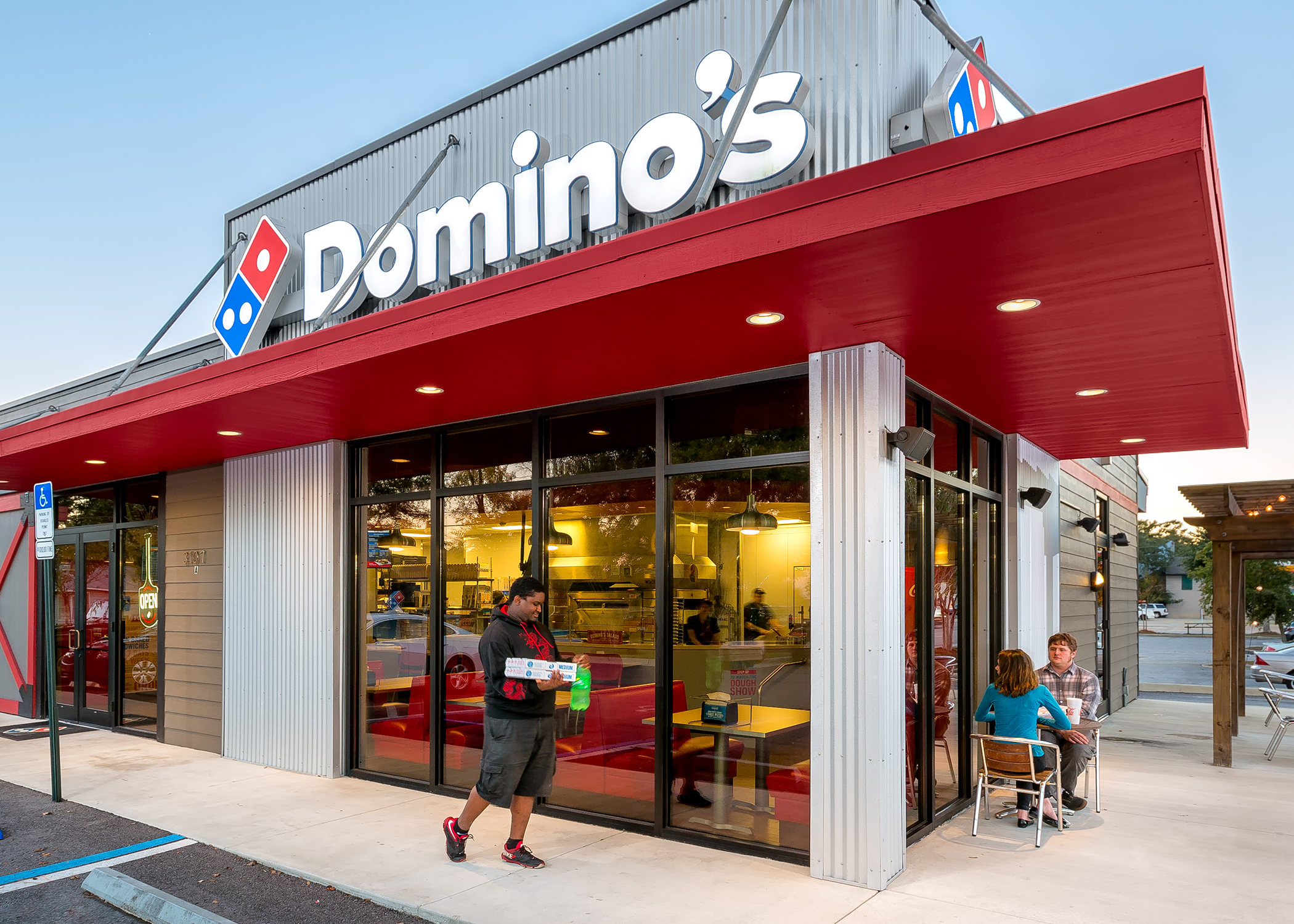May was a month to remember for Wall Street's most-famous billionaire money manager, Warren Buffett. On May 3, the company Buffett has been CEO of for six decades, Berkshire Hathaway (BRK.A 0.72%)(BRK.B 0.77%), reported its first-quarter operating results, and the Oracle of Omaha announced during his company's annual shareholder meeting that he'd be stepping down as CEO at the end of the year.
But this wasn't all.
Institutional investors with at least $100 million in assets under management were required to file Form 13F with the Securities and Exchange Commission by no later than May 15. Even though Berkshire's first-quarter operating results made clear that Buffett was a net seller of stocks for a 10th consecutive quarter, the company's cash flow statement didn't spill the beans on which stocks he was buying and selling. A 13F opens the proverbial hood for investors to see which stocks Wall Street's preeminent billionaire investor bought and sold in the first quarter.

Berkshire Hathaway CEO Warren Buffett. Image source: The Motley Fool.
Based on Berkshire Hathaway's 13F for the March-ended quarter and various regulatory filings, we know that Buffett purchased 13 stocks, including a mystery company. On the flipside, Berkshire's chief oversaw the removal or reduction of eight stocks.
What really stands out is Buffett's persistent selling of one of his (current) core holdings, and his continued purchasing of a beloved consumer brand that's skyrocketed since it became a public company 21 years ago.
Bank of America stock gets the axe for the third consecutive quarter
No sector tends to be favored more by the Oracle of Omaha than financials. Even though banks and insurance companies are relatively boring businesses that ebb-and-flow with the health of the U.S. economy, it's a sector that intrigues Berkshire's chief and for which he has a good understanding.
For years, money-center giant Bank of America (BAC 2.10%) was Berkshire Hathaway's largest financial stock and No. 2 holding by market value, behind only Apple. But beginning on July 17, 2024 -- we know this specific date, because Berkshire Hathaway held in excess of 10% of BofA's outstanding shares, and was thus required to file Form 4 detailing all shares purchased and sold until its ownership dipped below 10% -- the selling spigot opened.

NYSE: BAC
Key Data Points
For three consecutive quarters, Buffet has sold shares of Bank of America. What was once a position of more than 1.03 billion shares has been reduced by more than 401 million shares, or 39%. As of this writing on May 28, Bank of America has fallen to No. 4 in Berkshire's $276 billion portfolio, behind Apple, American Express, and Coca-Cola, in terms of market value.
This persistent selling of Bank of America stock may very well be nothing more than benign profit-taking. Warren Buffett orchestrated a capital infusion with BofA in August 2011 that ultimately netted Berkshire the option to exercise warrants for up to 700 million shares of BofA stock at $7.14 per share. Buffett jumped at the opportunity to do so in mid-2017. With the peak marginal corporate income tax rate at its lowest level since 1939, locking in gains at an advantageous rate would be very Buffett-like.
But it's also possible there are more nefarious reasons behind the Oracle of Omaha's steady paring of his company's Bank of America stake.
For example, Bank of America is the most interest-sensitive of all money-center banks. When the Federal Reserve rapidly increased interest rates between March 2022 and July 2023, no big bank enjoyed a more tangible benefit to net interest income than BofA. Yet with the nation's central bank now in the midst of a rate-easing cycle, it's BofA that could see its net interest income hit hardest if rates dramatically fall.
Additionally, Berkshire's CEO is an unwavering value investor -- and Bank of America is no longer the screaming bargain it once was. In August 2011, Bank of America's common stock was trading at a 62% discount to its book value. Through much of the first quarter, BofA stock traded at a 20% to 30% premium to its book value. While this isn't egregiously (or even historically) pricey, it's getting near Bank of America's priciest valuation, relative to book, since prior to the Great Recession.

Image source: Getty Images.
The Oracle of Omaha loaded up on this consumer goods stock for a third straight quarter
While Warren Buffett has been continually reducing Berkshire Hathaway's exposure to Bank of America since July 2024, he's been building up a sizable stake, worth more than $1.2 billion (as of March 31, 2025), in one of America's most-famed consumer brands.
In mid-November, when Berkshire Hathaway released its 13F detailing third-quarter trading activity, investors took note that Buffett put a slice of Domino's Pizza (DPZ 0.60%) on his proverbial plate. Berkshire Hathaway gobbled up 1,277,256 shares in the September-ended quarter, added 1,104,744 shares in the December-ended quarter, and topped things off in the latest quarter with 238,613 more shares. All told, Berkshire Hathaway now holds 2,620,613 shares of Domino's Pizza, which equates to a 7.7% stake in the company.
Though Domino's Pizza stock wasn't much of a hit with investors through its first six years as a public company, it's been virtually unstoppable over the last 15 years. Inclusive of dividends, Domino's is nearing a total return of almost 7,700% since its July 2004 initial public offering (IPO).
Domino's massive outperformance of the benchmark S&P 500, and the reason(s) Buffett has been a buyer, can be broken down to three factors.

NASDAQ: DPZ
Key Data Points
The first variable is an all-important intangible that can be a dealbreaker for Warren Buffett and his top advisors: trust. Domino's Pizza kicked off a fresh advertising campaign in 2009 that flat-out admitted its pizza was terrible and vowed to do better. The company's straightforward marketing campaign and efforts to engage and maintain transparency helped it win over consumers. It takes a long time to build trust with consumers, but Domino's has done an exemplary job.
Secondly, Domino's management team has consistently laid out multiyear growth strategies and been able to achieve them. The latest of its plans is the "Hungry for MORE" initiative. Domino's five-year plan is to lean into technology to spruce up its supply chain and increase productivity. It'll also be relying on its franchisees to help build up the company's brand. With 31 consecutive years of international same-store sales growth under its belt, clearly the company is doing something right.
Lastly, Berkshire's head honcho is a big fan of businesses with hearty capital-return programs -- and Domino's doesn't disappoint. It's raised its base annual dividend for 12 consecutive years and has been a relatively consistent buyer of its own stock. Share buybacks have the potential to increase earnings per share for companies with steady or growing net income.







